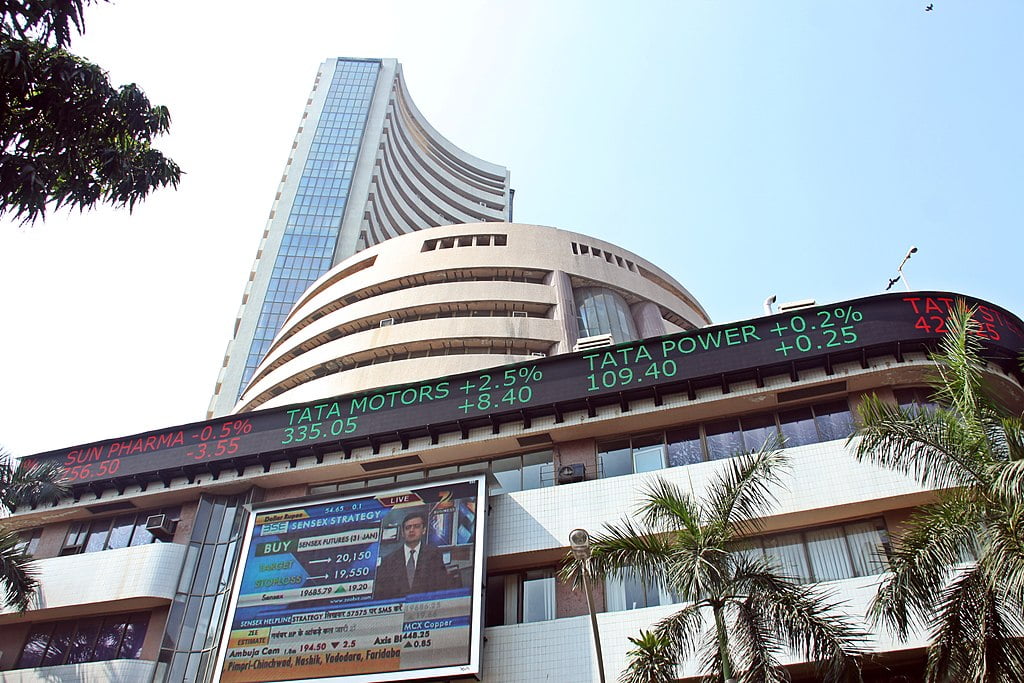History of Equity Market
In 12th-century France, individuals focused on managing and regulating debts for agricultural communities, acting as intermediaries for banks. These pioneers in debt trading were referred to as the first “brokers.” In late 13th-century Bruges, commodity traders congregated in a market square near an inn owned by the Van der Beurze family. In 1351, the Venetian government prohibited the spreading of rumors aimed at lowering the price of government funds. During the 14th century, bankers in Pisa, Verona, Genoa, and Florence also ventured into trading government securities.
According to Investopedia, Belgium had a stock exchange as early as 1531 in Antwerp, where brokers, moneylenders, and price changers convened to handle business, government, and individual debt

issues. It may seem peculiar to envision a stock exchange in the 1500s when there were no actual stocks but rather promissory notes and bonds. In the early attempts of British trade ventures to the Indian Ocean, several ships were lost, and creditors seized the personal fortunes of financiers. In response, a group of London merchants formed a corporation in September 1599, limiting each member’s liability to their invested amount. This arrangement protected personal assets in case of contract or delivery failures.
During the 16th century, joint-stock companies emerged in England and the Low Countries. These companies, where stock ownership is shared among shareholders, gained significance in establishing foreign control over territories or peoples, particularly for the cultivation of what Europeans referred to as the “New World.”
In the 1600s, the Dutch, British, and French governments granted charters to companies, such as the East India Company, fixing their capital stock. This led to active trading of company stock on the Amsterdam Exchange. Subsequently, a vibrant market for various derivatives, including options and repos, emerged in Amsterdam. Short selling, initially banned by Dutch authorities in 1610, became a common practice among Dutch traders.
The formation of East India companies revolutionized business practices. These companies issued stocks that paid dividends on the overall proceeds from all their voyages, rather than voyage by voyage. This allowed them to demand higher prices for shares and build larger fleets. Due to their size and royal charters preventing competition, investors enjoyed substantial profits. Since shares were issued on paper, investors could easily sell them to others. In England, brokers and investors conducted business in coffee shops, where debt issues and shares for sale were posted on doors or sent as newsletters.

The price of shares rises when there is high demand, and it falls with lower demand. Stock markets originated in 17th-century Amsterdam and are now present in most countries. In the late 1700s, a small group of merchants made the Buttonwood Tree Agreement, gathering daily to trade stocks and bonds, laying the foundation for the New York Stock Exchange.
Trading activity on the exchange initially focused
on shares of the Dutch East India Company. However, investors, driven by excitement, often bought into companies without proper investigation, leading to significant losses. This financial instability culminated in 1720 when fearful investors tried to sell their shares hastily, causing a market crash. This event, along with the South Sea Bubble scandal in England, contributed to investor apprehension, shaping their perception of stock trading.
In 1790, the establishment of the Philadelphia Stock Exchange played a crucial role in driving the development of the U.S. financial sectors and facilitating the country’s westward expansion.
In 1896, the Dow Jones Industrial Average was created, initially comprising 12 components primarily from industrial companies.
In 1923, an early version of the S&P 500 was created by Henry Barnum Poor’s company, initially tracking 90 stocks in 1926. The infamous stock market crash known as Black Thursday occurred on October 24, 1929, with the Dow Jones Industrial Average losing nearly 50%, marking the onset of the Great Depression worldwide.
In 1971, trading commenced on the NASDAQ (the National Association of Securities Dealers Automated Quotations), another U.S. stock exchange. A notable market crash occurred on October 19, 1987, known as Black Monday. This crash originated in Hong Kong and rapidly spread globally, posing puzzles as the main news and events did not predict the reasons for the collapse, and visible causes were not immediately identified.
Between 2007 and 2009, financial markets witnessed one of the most severe declines in decades. The downturn, triggered by the bursting of the housing bubble due to sub-prime lending, resulted in significant failures of banks and major financial institutions. This crisis necessitated substantial government intervention to address the widespread economic challenges. The situation was notably depicted in the movie “The Big Short,” which delves into the complexities of subprime lending.
In 2020, a sudden global stock market crash unfolded from February 20 to April 7, prompted by the outbreak of the COVID-19 pandemic. The crisis concluded with a new deal that positively impacted the market. Investors engage in buying and selling stocks, or shares, of publicly traded companies, either physically or digitally, through stock exchanges. The price of each share is influenced by the principles of supply and demand. Today, stock markets exist in nearly every developed and many developing economies, with the largest markets situated in the United States, United Kingdom, Japan, India, China, Canada, Germany (Frankfurt Stock Exchange), France, South Korea, and the Netherlands, among others, including emerging countries.
Disclaimer : The information and analysis provided through hyperlinks to third-party websites, while believed to be accurate, cannot be guaranteed by Shareartha. Details are provided for informational purposes and should not be viewed as an endorsement. Third-party websites : www.investopedia.com, www.wikipedia.com, www.sofi.com
